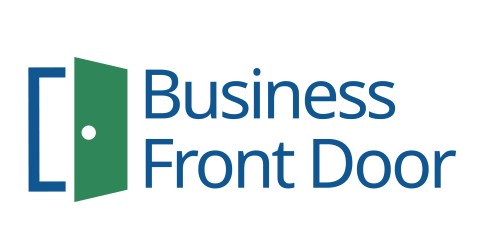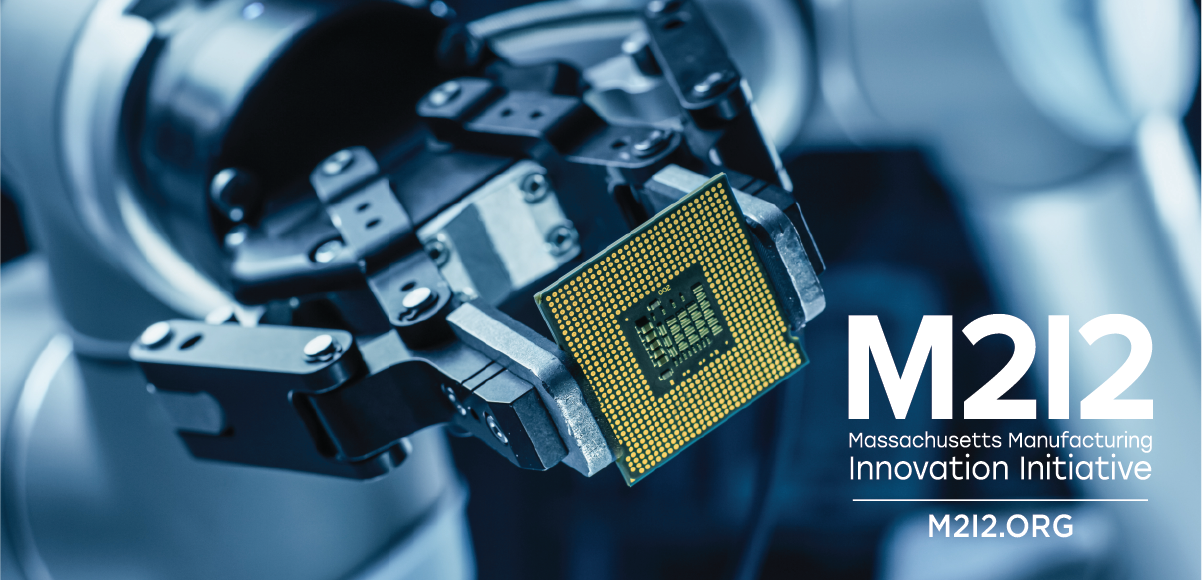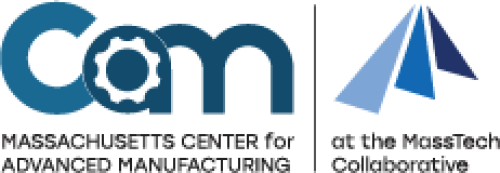
Team Massachusetts is excited to connect you with the latest and most relevant resources available for businesses. We’re here to support you every step of the way as your company grows. Through the Business Front Door, we can make your business journey in Massachusetts a successful one.

The Massachusetts Manufacturing Innovation Initiative (M2I2) provides state grant funding to help Massachusetts innovators who are ready to begin manufacturing their hardtech technologies. M2I2 supports innovators across sectors, from electronics to bioindustrial manufacturing to robotics to additive manufacturing.
Applications for M2I2 are accepted on a rolling basis and reviewed at least quarterly. M2I2 grants provide for reimbursement for capital equipment that will remain in Massachusetts. A 1:1 cost match, sourced from non-state dollars (federal grants and private funding are allowed) is required and can be used to purchase capital or operational items required for the project.
Applications can be led by any organization with a presence in Massachusetts, including companies, universities, incubators and accelerators. Private-sector applicants must partner with an institution of higher education, a nonprofit organization or a public or quasi-public entity located in Massachusetts, which will also act as the contracting entity for awards to private companies.
Successful applications will include the following elements:
1. A technical project to advance a hardtech product to manufacturing. Projects should meet the following guidelines:
- Applicants should have demonstrated proof of concept and plan to advance their products to pilot scale manufacturing for further validation in relevant environments or customer testing.
- M2I2 is intended for organizations with technologies at Technology Readiness Levels (TRL) 4-6.
- Eligible technologies are those that are aligned with one of 14 Manufacturing USA Institutes and must be incorporated into physical products; software-only products are not eligible.
2. An initiative to benefit one or more communities of Massachusetts. Community benefit initiatives can take many forms depending on the applicant and sector and must illustrate that the M2I2 investment will benefit Massachusetts residents beyond the employees of the applicant organization. Applicants are encouraged to think creatively in designing the community benefit aspect of their application. Common community benefit initiatives include, but are by no means limited to:
- Collaborations between universities and companies to publish research related to the technical project, ensuring that knowledge gained from project can generate technical progress more broadly.
- Partnerships between companies and community colleges or other workforce training programs to incorporate latest state of technology into accessible workforce training programs.
- Collaborations between local non-profits and companies to leverage emerging technology to address challenging local issues.
Impact to Date
- $100M+ invested in Massachusetts organizations
- 100+ projects funded
- $370M+ leveraged from other sources
- 180+ companies impacted
- 1000 jobs created
- 100+ new products enabled
- 400+ entrepreneurs assisted
- Training for thousands of students and workers enabled
